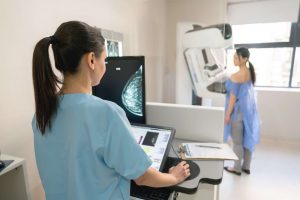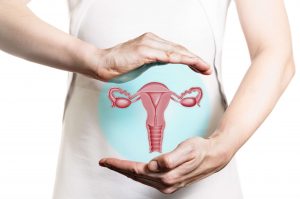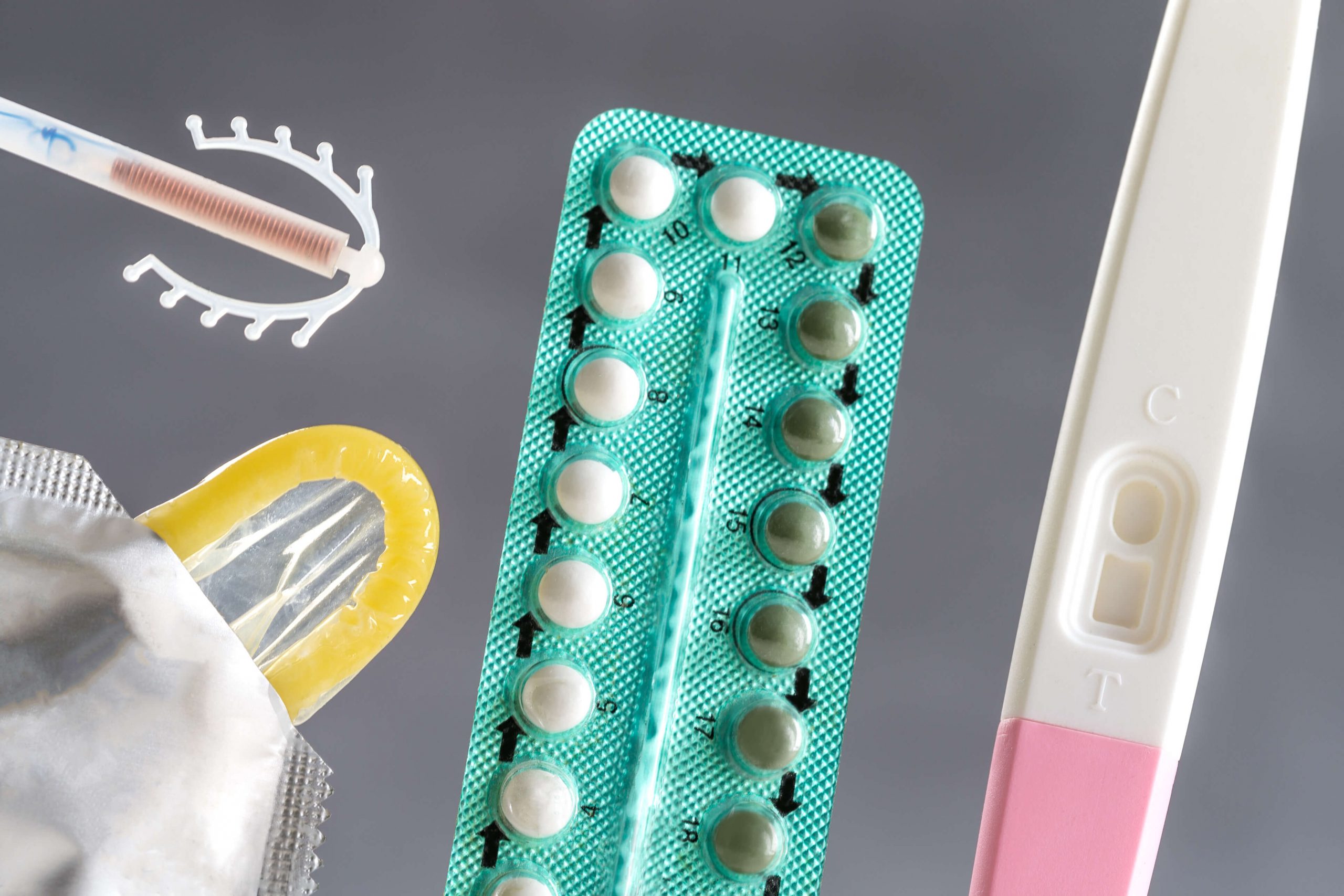Women's Health
Health Checks Every Woman Over 50 Should Have

The age of 50 is a crucial milestone for every woman. It is at this stage in life when menopause occurs, marking the end of a woman’s menstrual cycle and fertility period. Menopause is a biological process that occurs when a woman has not menstruated for 12 consecutive months. During menopause, the body undergoes many changes, such as decreased hormonal levels due to the fall in the production of estrogen and progesterone, the two most important hormones in a female body.
It is vital to undergo regular health screenings during this age, even if you are healthy, to detect any potential health issues when they are still treatable and assess your risk for future medical problems.
What Are Health Checks?
Health checks are medical tests and examinations performed by doctors to screen for any diseases or medical conditions before their symptoms become visible. It includes screening for conditions such as high blood pressure, high cholesterol, colorectal (colon) cancer and breast cancer.
Why Should You Go For Health Checks?
Health screenings help identify health-related and medical issues early on, giving doctors a headstart to formulate plans to treat these conditions before they cause irreversible damage. Early detection of health problems also allows doctors to treat symptoms promptly, significantly increasing the chances of curing these conditions.
Furthermore, many medical conditions can be asymptomatic and do not show any apparent symptoms until the later stages, which may then be too late for treatment.
Types Of Health Checks
The type of screening tests your doctor recommends may vary depending on your age, specific family history or individual risk factors.
Some of the common health checks every woman over 50 should have include:
Breast Cancer Screening (Mammogram)

Breast cancer is the most common cancer among women in Singapore, affecting approximately 1 in 13 Singaporean women. According to Singapore national screening guidelines, the average-risk Singaporean women aged 50 and above are recommended to undergo mammogram screening once every 2 years. Additionally, if you belong to high-risk groups, such as having a family history of breast cancer or other types of cancer, you may be recommended to commence screening even earlier.
A mammogram is a basic and reliable screening tool used to examine and detect cancerous tumours or lumps that cannot be seen or felt, as well as abnormalities in different parts of the breast via x-ray. During a mammogram, the breast is positioned and compressed between two transparent plates while images of each breast will be taken from different angles with special x-ray equipment.
There are generally two main types of mammograms—screening mammograms and diagnostic mammograms. Screening mammograms are used for women who do not display any signs or symptoms of breast cancer, while diagnostic mammograms are performed when there is a need for closer analysis of abnormal areas detected during a screening mammogram. Routine breast cancer screenings often use a screening mammogram.
Mammograms are crucial in detecting breast cancer early, which increases your survival rate with early treatment. You should consult your doctor or breast specialist to discuss whether you should undergo a mammogram, depending on your risk factors and symptoms, once you reach the recommended age group.
Learn more about Mammograms: https://www.sog.com.sg/blog/breast-cancer-screening-in-singapore-all-about-mammograms/
Colorectal Cancer Screening

Colorectal cancer, also known as colon or rectal cancer, is a type of cancer that develops in the large intestine or rectum. According to the Singapore Cancer Registry, colorectal cancer is the second most common cancer in Singaporean women, affecting about 1 in 7 women. As a general guideline, you should begin screening for colorectal cancer as soon as you turn 50 and continue being screened regularly. Colorectal cancer screening is the key to reducing the risk of life-threatening colorectal cancer.
The frequency of screening will depend on your risk factors. If you are an average-risk individual, with no symptoms or family history of colorectal cancer (non-first degree relatives or not within your immediate family), you should begin screening at 50 years old. Subsequently, you are generally recommended to undergo stool testing annually or colonoscopy every ten years.
On the other hand, if risk factors are present, such as a family history of colorectal cancer, inflammatory bowel disease, or habits of excessively smoking or consuming alcohol, you should begin screening even before you are 50 years old and as frequently as every 1 to 5 years. You should consult your doctor if you are unsure of when and how frequent you should begin colorectal cancer screening.
The various types of screening methods used to screen for colorectal cancer include:
- Faecal immunochemical test (FIT). FIT detects the presence of blood traces in stool samples.
- Colonoscopy. Colonoscopy examines your entire colon or rectum by inserting a thin, flexible tube with a tiny video camera at the tip (colonoscope) into the rectum through the large intestine. This method is the most comprehensive and accurate screening test as it allows for the complete inspection of the colon to detect and remove suspicious-looking polyps.
- Sigmoidoscopy. Similar to colonoscopy, sigmoidoscopy checks for polyps or other signs of colorectal cancer by examining the rectum and left side of the colon.
Learn more about Colonoscopy: https://www.sog.com.sg/blog/why-is-a-colonoscopy-the-best-way-to-prevent-colon-cancer/
Cervical Cancer Screening

A pelvic examination and pap smear can detect cervical cancer in women. Regardless of sexual history, it is recommended that women over 50 should have a pap smear every 3 years. However, your doctor may excuse you from taking a pap smear test less frequently after obtaining three consecutive normal pap tests or if you have a negative HPV test.
A pap smear is a medical procedure where a small brush is used to gently remove cells from the surface of the cervix and the area around it so that they can be placed under a microscope for signs of cervical cancer or abnormalities that may lead to cervical cancer.
Learn more about Cervical Cancer & Screening: https://www.sog.com.sg/blog/cervical-cancer-symptoms-diagnosis-treatment/
Blood Pressure Screening & Blood Tests
A blood pressure test can check for high blood pressure, while a blood test can detect signs of high cholesterol and high blood sugar.
High blood pressure can lead to coronary heart diseases such as stroke or heart attack, which are very serious conditions, especially after the age of 50. It is recommended that your blood pressure should be checked every year or as regular as possible, depending on your risk factors. As blood pressure can also be tested at home, you should aim to monitor your blood pressure level routinely and seek immediate medical attention if your systolic and diastolic pressure (first number and second number reading) is higher than 130 and 80, respectively.
Similarly, high cholesterol can also result in coronary heart diseases, while high blood sugar can lead to diabetes. The screening of high cholesterol should be done every 5 years, and the screening of high blood sugar should be done every 3 years if you are screened to be healthy. If you already have high cholesterol or high blood sugar or have unhealthy readings from previous screenings, you will be required to go for more regular health checks.
Conclusion
It is vital that you undergo regular health screenings, especially at the age of 50, when you are likely more vulnerable and at a higher risk of contracting certain diseases and medical conditions.
If you would like to do a health check, enquire for more details or book an appointment here: https://www.sog.com.sg/contact-us/
Read this next ...
WHO WE ARE
About SOG Health Pte. Ltd.
Established in 2011, SOG Health Pte. Ltd. (“SOG”) is a leading healthcare service provider dedicated to delivering holistic health and wellness services to the modern family.
With a long and established track record in Singapore providing Obstetrics and Gynaecology (“O&G”) services such as pre-pregnancy counselling, delivery, pregnancy and post-delivery care, the Group has since further expanded its spectrum of healthcare services to include Paediatrics, Dermatology, and Cancer-related General Surgery (Colorectal, Breast & Thyroid).
The Group’s clinics, under its four operating segments of O&G, Paediatrics, Oncology and Dermatology, are strategically located throughout Singapore to provide easy access to its patients.
- Obstetrics
- Gynaecology
- GynaeOncology
- Breast, Thyroid & General Surgery
- Colorectal, Endoscopy & General Surgery
- Dermatology
- Paediatrics
Consult With A Specialist From SOG
Visit one of our specialists today to learn more about your health!
Recommended Specialists
Book An Appointment
Fill up this form and our clinic will get back to you shortly.
For general enquiries, please click here.







